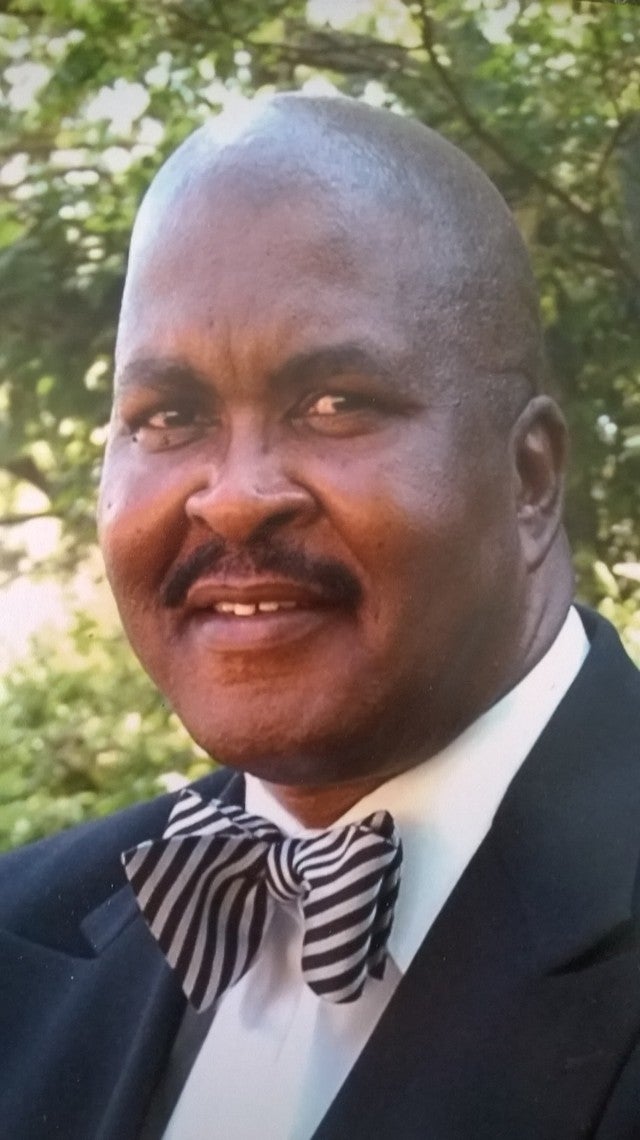Columnist: Real or imagined racism; what do you think?
Published 12:00 am Saturday, July 25, 2015

Several year ago I left this country to live in Ghana, West Africa. While there, I immediately became aware of the major similarities which existed between me and my brothers who lived on the continent. I wanted to be in a place free of discrimination and racism and where I could feel “in” as opposed to “out.”
The New York Times, however, had reported in a series of articles prior to my visit that Africans whom they had interviewed as part of a major series indicated that they really did not like black Americans. It concluded that the more than 4-century-old isolation from each other had resulted in a schism that was impossible to bridge.
A respected black educator and leader, the late Dr. Horace Mann Bond, took exception to the articles and decided to visit the same countries and talk, when possible, with the same Africans who had been interviewed by the New York Times reporters.
Guess what?
Dr. Bond discovered that the same Africans, interviewed by the Times, did embrace and acknowledge the kindred spirit, which exists among people of color. Bond’s advocacy actually helped to infuse life into the term “African diaspora.” The term came to mean a special relationship between blacks who live on the continent of Africa and those who live in other parts of the world that cannot be destroyed by continental divide and separation.
Because of Bond’s research, The United States was forced to include African-Americans as part of its emissary corps abroad, especially to African countries. This spirit of an “African diaspora” ultimately took on an even more powerful political direction. African leaders emancipating their own people from the surfeit of woes which they were suffering in Africa from foreign imperialists encouraged blacks to fight for human rights in America.
Now, why did I go so far into this chronology of events?
It is simple. After the 1960s blacks in this country enhanced our solidarity with what we affectionately call our “motherland” by giving ourselves names which sound as if they may be from the continent. This was our way of being proud of our heritage.
Too many of us, however, have gone too far in trying to give our children names which sound African. In fact, the media, a few years ago, covered the trip of a popular model who, after traveling to an African country, decided to give her child an Afrocentric name.
The name she chose was “Anansia.” The name which originates from West Africa sounds good, but African parents in their right mind would never give their child such a name – it means “spider.”
For the record, in many African countries children are given names according to the day of the week they are born, order of birth, climatic conditions, rank in society and even ethnic origin or tribe. In some African countries a name will identify a person as a child or person who lived after a mother would have experienced several miscarriages.
Blacks may need to consider in the future the ramifications of giving their children ethnic names. In a National Bureau of Economic Research Report several years ago – that experts believe holds true even today – it was stated that “job applicants with ‘white sounding names’ needed to send about 10 resumes to get one callback; those with African-American names needed to send around 15 resumes to get one callback.” (NBER Working Paper No. 9973)
Although the findings of the report may appear to be shocking or even ridiculous to whites, it is a reality that many African-Americans operate from on a daily basis. As an example, each year as blacks take entrance exams used by colleges and universities for admission purposes, parents are quick to say that they unabashedly tell their children to check “Caucasian” rather than “African-American” as their race. Doing so, they believe, increases the opportunity of their child obtaining a high score on the exams without prejudice being an intervening factor.
Are their actions the result of real or imagined racism? What do you think?


